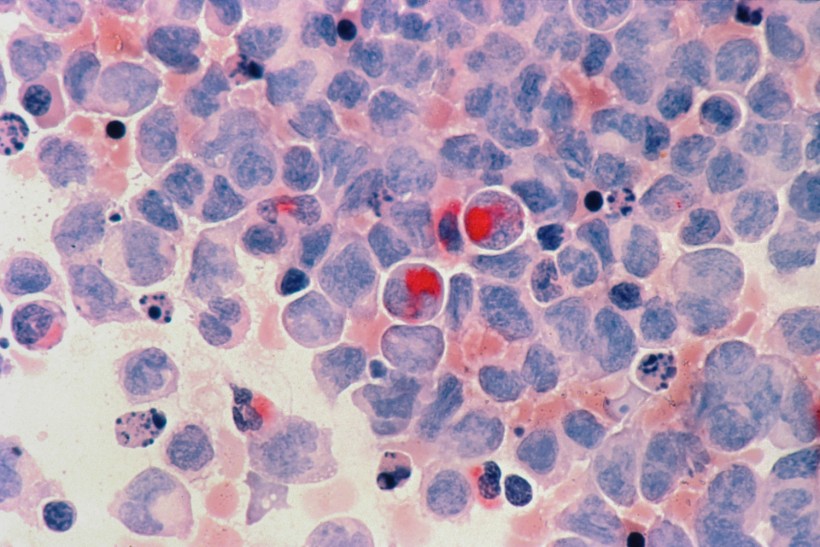Chemotherapy is a drug treatment typically used to kill fast-growing cells in the body, such as cancer cells. Today, many different chemotherapy drugs are available that can either be used alone or in combination with other therapies to treat various kinds of cancer.
However, the intrinsic limitations of conventional chemotherapy prompted the development of better techniques to deliver the drug to the body. Scientists developed various nanotechnologies for cancer treatment that they have referred to as cancer nanomedicine. One example of this application is using optimized liposomal formulation to increase a common cancer drug's effectiveness by 100%.

Cancer Treatment: Nanomedicines Improve Drug Delivery, Reduce Toxic Effects of Chemotherapy
Cancer Nanomedicine Improves Quality of Life of Patients
Researchers from the University of South Australia conducted the world-first research that identified that the frequently-used chemotherapy drug Fluorouracil (5FU) is twice more effective at targeting tumors when administered using a nanomedicine in rats, Phys.org reported.
Nanomedicines are drugs hidden within liposomes, which are nanoscopic fatty membranes. The team found that it has the potential to reduce the side effects of chemotherapy and increase its drug delivery efficiency.
Professor Clive Prestidge, the lead researcher of the study and co-Director at the university's Center for Pharmaceutical Innovation, said that the discovery could change how chemotherapy is administered, which improves the quality of life of many cancer patients.
She explained that the major setback of the chemotherapy drug 5FU is that it does not distribute well to target tumors and causes high levels of off-target damage. As a result, cancer patients suffer negative side effects that is why they get very sick after the treatment. But the optimized liposomal formulations present great opportunities for the safer, more effective, and more efficient administration of cancer medications.
Professor Prestidge noted that it has always been a challenge to optimize nanomedicine drugs. But through their micro-dialysis approach, they were able to quantify how the liposomal-specific delivery of the 5FU can specifically target tumor can reduce its growth with fewer adverse side effects to dramatically transform cancer treatments and deliver a better outcome for patients.
They published the full findings of their study in the journal Pharmaceutics with the titled "Liposomal 5-Fluorouracil Polymer Complexes Facilitate Tumor-Specific Delivery: Pharmaco-Distribution Kinetics Using Microdialysis."
ALSO READ: Breakthrough Cancer Treatment Points to Common Herbs in Suppressing Tumor Growth
Side Effects of Chemotherapy
Most people worry that they will have side effects after undergoing chemotherapy. The American Cancer Society has listed some of the more common side effects, such as the following:
- Fatigue
- Hair Loss
- Nausea and vomiting
- Anemia
- Easy bruising and bleeding
- Skin and nail changes
- Weight changes
- Fertility problems
- Mood changes
- Nerve problems
- Reduced concentration and focus
- Appetite changes
- Diarrhea
- Constipation
- Painful feeling when swallowing
- changes in libido and sexual function
- Uring and bladder changes
- Kidney problem
These side effects occur because chemotherapy drugs travel throughout the body, which can affect normal, healthy cells and damage them. Although side effects are not always as bad, it is normal to worry about them.
Some cells that are typically damaged by chemotherapy include the blood-forming cells in the bone marrow, hair follicle, cells in the mouth, digestive tract, and reproductive system. Some drugs can damage the heart, kidneys, lungs, and nervous system. Doctors usually try to avoid using multiple drugs to minimize side effects.
RELATED ARTICLE: Cancer Treatment: New Software Uses Artificial Intelligence to Grow, Treat Virtual Tumors
Check out more news and information on Cancer in Science Times.
* This is a contributed article and this content does not necessarily represent the views of sciencetimes.com














